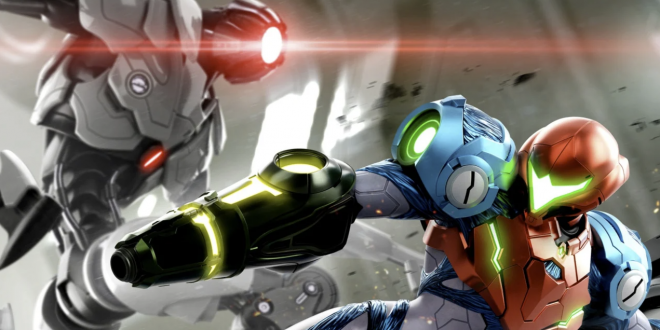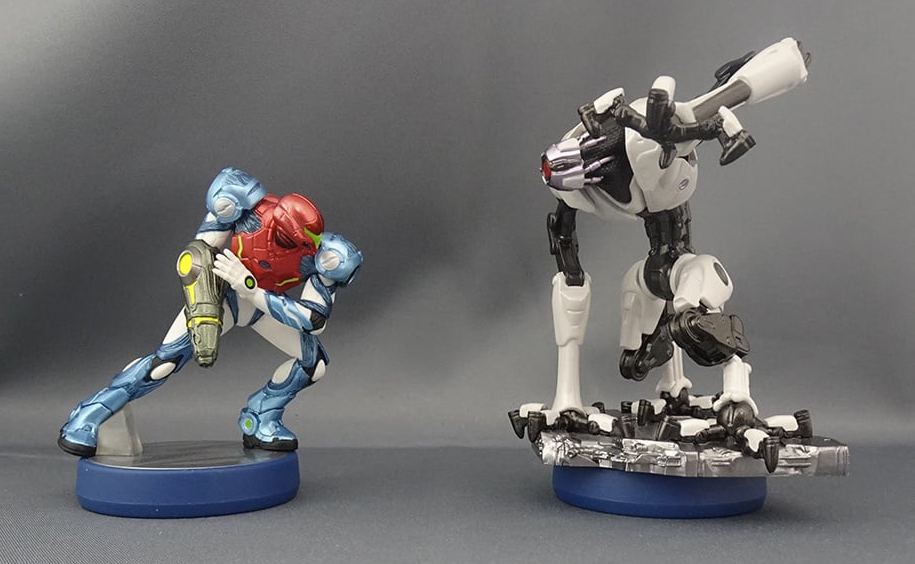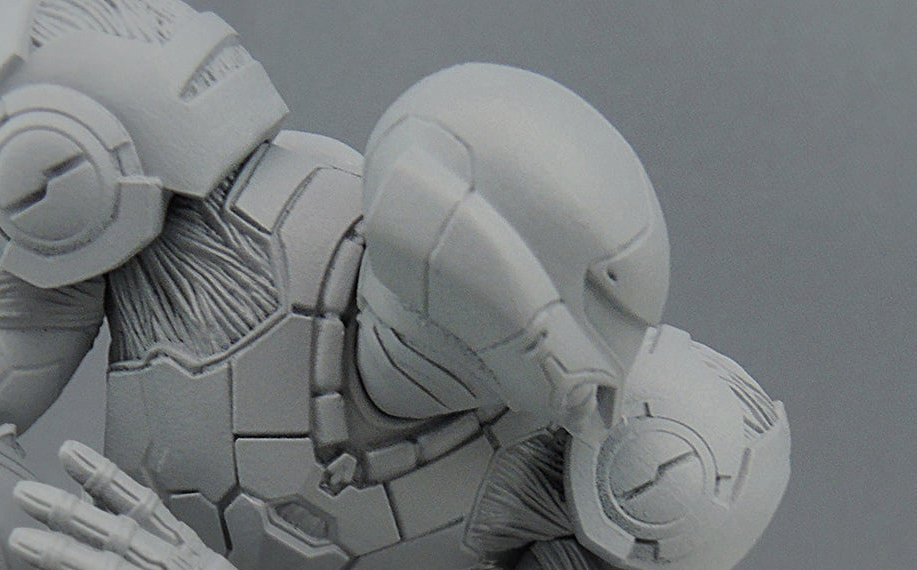Nintendo had a significant impact on the creation and promotion of the highly acclaimed Metroid Dread, despite Spanish studio MercurySteam being the primary developer.
Similar to other notable releases on the Nintendo Switch, Metroid Dread also took advantage of the launch of amiibo. Players had the option to purchase a Samus/E.M.M.I. dual pack alongside the game. Nintendo developer Uenaka Minoru recently discussed the creation of the amiibo and how his studies in artistic anatomy during graduate school influenced the design of the figures. According to Nintendo Everything, this information appeared on a recruitment page.
Minoru explained that the team aimed to create a visually pleasing pose for the two amiibo figures. By applying his expertise in anatomy, he crafted a pose that appeared both dynamic and natural, ensuring that fans would be satisfied with the final result.
“We decided to make amiibo of Samus and E.M.M.I., and I was also involved in supervising them. Therefore, we were particular about posing the two figures so that when they were lined up, it would look like they were facing each other, and we also kept in mind that customers would be happy when they had both together.
“It was difficult to express it, but I think I was able to use the knowledge I learned about the human body during my student days to create a dynamic yet natural pose. I was very happy to be able to be involved in the process of not only creating CG, but actually making something tangible.
“I was also very happy to be able to deliver the carefully made model to the customer, and also to experience the excitement of holding the product in my hands.”
As part of the interview, Nintendo also revealed two images of the amiibo. One of the images seems to be a prototype of the final design, while the other showcases Minoru’s unique approach to the poses of the product.
It’s not exactly groundbreaking material, but it’s intriguing to learn about the effort put into creating amiibo figures. We sometimes make the mistake of assuming they are just basic replicas of promotional poses, but it turns out there is more thought behind them than we realized.
It’s not exactly groundbreaking material, but it’s intriguing to learn about the effort put into creating amiibo figures. We often assume they’re just basic replicas of promotional poses, but it turns out there’s more thought behind them than we realized.
 Load the Game Video Games, Reviews, Game News, Game Reviews & Game Video Trailers
Load the Game Video Games, Reviews, Game News, Game Reviews & Game Video Trailers





